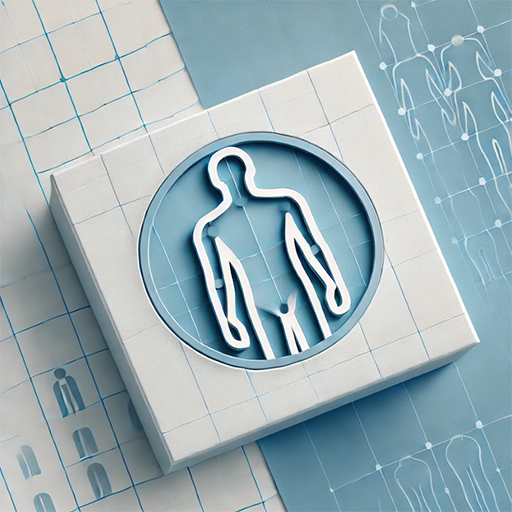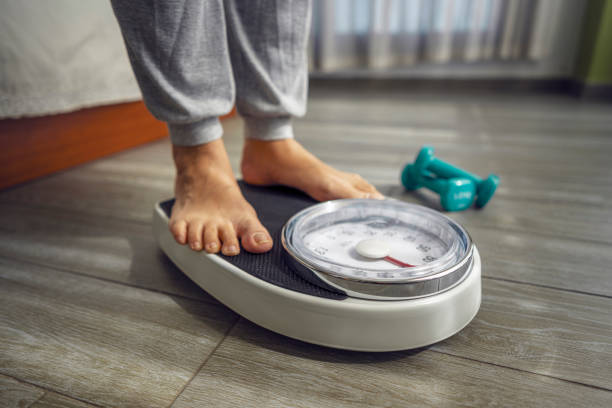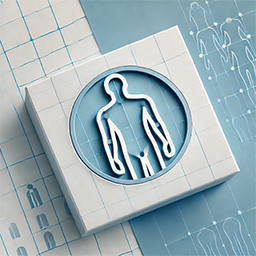Introduction
Losing weight feels tough—there’s so much advice out there! One person might tell you that diet is the only thing that matters, while another swears that exercise is the real key. Others will say it’s all about changing daily habits, like getting better sleep, drinking more water, or managing stress. The truth is, all of these methods can work. What really matters is finding the approach you can stick to for the long run. Quick fixes—like crash diets or extreme workout plans—often fail because they’re too hard to keep up and can leave you feeling drained or frustrated.
In this post, you’ll discover how diet, exercise, and lifestyle changes each play an important role in weight loss. You’ll see what science says about each method, learn practical tips you can use right away, and get guidance on how to choose the best path for your needs. We’ll keep the language simple, the advice clear, and the tone friendly—so you can focus on making small, smart steps that actually work and lead to lasting results.
The Fundamentals of Weight Loss
Losing weight means burning more energy than you take in—a calorie deficit. This is the core principle behind weight loss, and it works whether you focus on diet, exercise, or both. The good news is you don’t have to overhaul your life overnight. You can create a calorie deficit by making small but smart changes that fit into your daily routine and are easy to stick with.
Eat fewer calories. Focus on whole, healthy foods like fruits, vegetables, lean proteins, and whole grains. These foods are nutrient-dense, help control hunger, and keep your energy steady. Limit sugary drinks, processed snacks, and high-fat fast food, which can quickly add excess calories without filling you up. Planning meals ahead and practicing portion control can make healthy eating easier.
Be more active. Every bit of movement counts, from brisk walking to taking the stairs or stretching during breaks. Exercise not only burns extra calories but also boosts mood, supports heart health, and helps maintain lean muscle. Aim for a mix of cardio and strength training for the best results.
Change daily habits. Small shifts—like drinking more water, getting enough quality sleep, standing more during the day, and reducing screen time—can add up to big results over time. Focus on consistency rather than perfection, because long-term habits lead to lasting weight loss.

Diet — How Big Is Its Role?
Diet is essential. You can’t outrun a poor one. Even with daily workouts, eating the wrong foods can slow your progress and make it harder to see results. A healthy diet fuels your body, supports recovery, and keeps your energy steady throughout the day. Here’s how to make your diet work for you:
Whole, unprocessed foods. Fill your plate with vegetables, fruits, lean proteins, and whole grains. These foods are rich in vitamins, minerals, and fiber, while being lower in added sugar and unhealthy fats. They keep you full longer, prevent energy crashes, and help your body function at its best. Avoid processed snacks, sugary drinks, and fast food that add empty calories without real nutrition.
Portion control. Use smaller plates to trick your brain into feeling satisfied with less food. Read nutrition labels to check serving sizes and calorie counts. You can also learn to eyeball portions—like a fist-sized serving of carbs, a palm-sized piece of protein, and a thumb-sized portion of healthy fats. This helps prevent overeating without feeling deprived.
Balanced meals. Combine protein, fiber, and healthy fats in each meal to stay full longer and keep blood sugar stable. For example, pair grilled chicken with quinoa and a side of roasted vegetables, or enjoy oatmeal topped with nuts, seeds, and berries. Balanced meals not only help with weight loss but also improve digestion, mood, and overall health.
Popular Eating Plans
Here are some proven diets:
Mediterranean diet. Rich in plant-based foods, olive oil, lean proteins, and whole grains. It’s one of the most researched diets and is top-ranked for healthy eating. Studies link it to weight loss, lower risk of heart disease, and better overall health. Popular sources like Business Insider, the Cleveland Clinic, and Wikipedia highlight its benefits and long-term sustainability.
Intermittent fasting. This approach limits eating to set hours each day, such as an 8-hour window, which can naturally reduce total calorie intake. It’s flexible—many people find it easier than counting calories at every meal. Research from Johns Hopkins found that intermittent fasting and regular eating resulted in similar weight loss when total calories were the same, showing that consistency matters more than the method (The Times).
Mayo Clinic Diet. A behavior-based plan designed to build healthy habits, not just cut calories. It has two phases: “Lose It!” for a quick start, which focuses on removing unhealthy habits and adding better ones, and “Live It!” for long-term maintenance. The Mayo Clinic emphasizes portion control, balanced nutrition, and daily activity for lasting results.
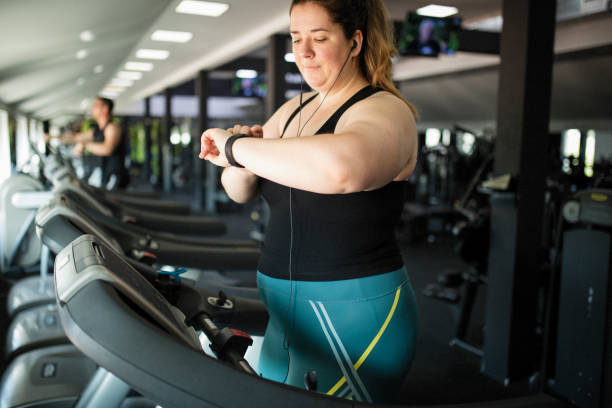
Exercise — Does it Help with Weight Loss?
Exercise boosts calorie burn and supports lean muscle, which helps your body burn more calories even at rest. It’s not just about losing weight—it also improves heart health, mood, and energy levels. The World Health Organization (WHO) recommends:
Combine reduced intake of processed foods with more physical activity. This two-step approach delivers the best results for weight loss and overall health (Wikipedia). Processed foods often add excess sugar, unhealthy fats, and empty calories. Pairing a cleaner diet with exercise maximizes fat loss while preserving muscle.
Stay active for long-term success. Physical activity helps maintain weight loss and improves overall well-being. Something simple—like a brisk 30-minute walk each day—can make a big difference (Mayo Clinic). Other options include cycling, swimming, or strength training, all of which support a healthy metabolism.
Lifestyle — The Unsung Hero
Lifestyle changes are powerful and lasting because they target the habits that shape your daily choices. They go beyond quick fixes and create a foundation for health you can maintain for years. Even small improvements, repeated over time, can lead to steady and noticeable progress:
Sleep well. Lack of sleep raises hunger hormones like ghrelin and lowers leptin, the hormone that signals fullness. This hormonal shift can lead to overeating, sugar cravings, and weight gain. Poor sleep also affects energy, making workouts harder to complete. Aim for 7–9 hours of quality rest each night to support metabolism, recovery, and mental focus. Create a bedtime routine, limit screen time before bed, and keep your sleep space dark and quiet.
Reduce stress. High stress triggers the release of cortisol, a hormone that can increase cravings for high-calorie foods and slow weight loss. Chronic stress may also lead to emotional eating and poor sleep, creating a cycle that makes weight loss harder. Manage stress with deep breathing, walking, meditation, or hobbies you enjoy. Spending time outdoors and connecting with friends or family can also help lower stress levels and improve mood.
Track progress. Logging your food, workouts, and weight helps you see patterns, measure results, and stay motivated. You can use a journal, smartphone app, or simple calendar to track your habits. Recording your progress makes it easier to identify what’s working, adjust your plan if needed, and celebrate small wins—keeping you on track toward your goals.
Side-by-Side Comparison—Diet vs Exercise vs Lifestyle
| Strategy | Strengths | Considerations |
|---|---|---|
| Diet | Fast results via calorie control | Needs sustained discipline |
| Exercise | Builds muscle, burns calories, boosts mood | Alone, may not lead to big weight loss |
| Lifestyle Habits | Long-term sustainability, supports the other two | Requires consistency and planning |
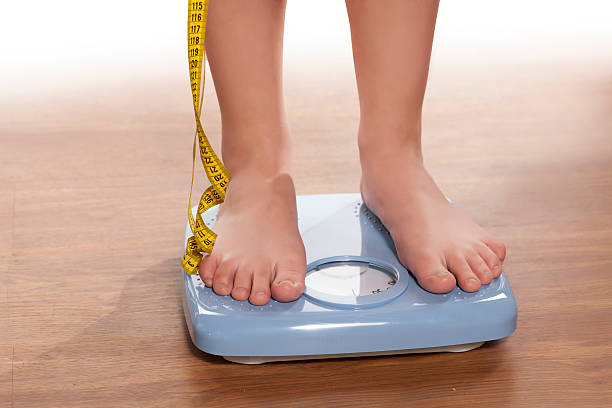
What Science Says — Summary
- Calorie balance is key. Weight loss happens when you burn more calories than you take in. This principle works regardless of special meal timings or diet trends. The method you choose matters less than staying consistent with a calorie deficit.
- Mediterranean diet. Backed by strong evidence, this eating style supports weight management, heart health, and longevity. It focuses on whole foods, healthy fats, lean proteins, and plenty of fruits and vegetables, making it both effective and sustainable.
- Behavioral changes. Plans like the Mayo Clinic Diet show that building healthy habits—such as portion control, meal planning, and regular activity—makes it easier to eat well long-term without feeling deprived.
- Activity & habits. The most successful weight loss strategies combine diet, exercise, and lifestyle changes. Pairing nutritious eating with daily activity and consistent routines delivers the best results for health and weight control.
Conclusion
So, what’s better for weight loss? It’s not an either-or—it’s a blend of diet, exercise, and lifestyle changes working together. A healthy, balanced eating plan fuels your body, while daily movement helps burn calories and maintain muscle. Sustainable lifestyle habits keep the progress going for the long haul.
The Mediterranean-style approach stands out in research for its benefits on weight, heart health, and overall wellness. When paired with mindful behaviors—like portion control, regular physical activity, and stress management—it creates a plan you can follow for life.
Be kind to yourself during the process. Weight loss is a journey, not a race. Stay consistent, focus on progress over perfection, and build habits you truly enjoy. This is how you make results last.
What’s your next step? Maybe trying a new vegetable, swapping sugary drinks, or going for a short daily walk. I’d love to hear what you choose—drop a comment and let’s cheer each other on!

